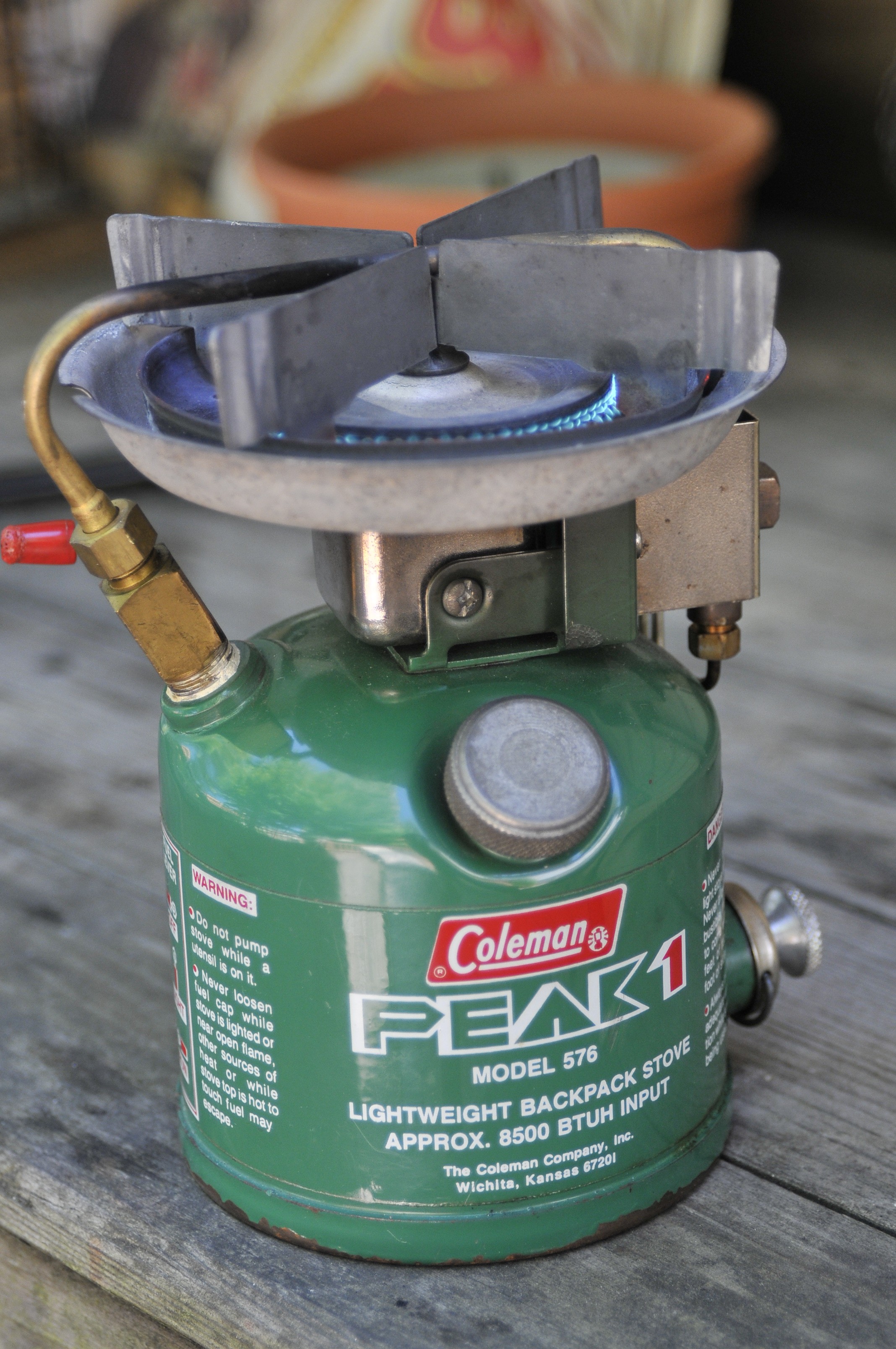SheketEchad
Well-known member
I haven't posted in eons because my nomadic life plans got derailed by those pesky real life plans. But I'm back on track now.
I drink a lot of coffee and tea. The lowest watt electric kettle I have is 1000W and it's as old as the hills. However, I have a tiny 25 watt crock pot mini for sauces and such, and I have found that if I leave it plugged in all day (currently landlocked on grid) it gets plenty hot to make both coffee and tea. I have found collapsible kettles for 820 watts or 12v cig lighter kettles at 100/240 watts but they take 40 minutes to boil water. And I'd have to buy it.
Yes, I have a camping stove but I'm not keen on using those to boil water either as they use imo far too much fuel for such a repetitive need.
Which is least impacting on a solar set up (which I don't have yet)? A five minute burst of 1000W kettle each time I make a cup, or leaving the little 25W dealio plugged in all day? (I estimate I'll have 700 watts of solar and 200Ah of batter initially - I have a lot of electronics for work)
Thanks in advance, and one of these days I'll get the hang of this stuff!!
~SE
I drink a lot of coffee and tea. The lowest watt electric kettle I have is 1000W and it's as old as the hills. However, I have a tiny 25 watt crock pot mini for sauces and such, and I have found that if I leave it plugged in all day (currently landlocked on grid) it gets plenty hot to make both coffee and tea. I have found collapsible kettles for 820 watts or 12v cig lighter kettles at 100/240 watts but they take 40 minutes to boil water. And I'd have to buy it.
Yes, I have a camping stove but I'm not keen on using those to boil water either as they use imo far too much fuel for such a repetitive need.
Which is least impacting on a solar set up (which I don't have yet)? A five minute burst of 1000W kettle each time I make a cup, or leaving the little 25W dealio plugged in all day? (I estimate I'll have 700 watts of solar and 200Ah of batter initially - I have a lot of electronics for work)
Thanks in advance, and one of these days I'll get the hang of this stuff!!
~SE











































































